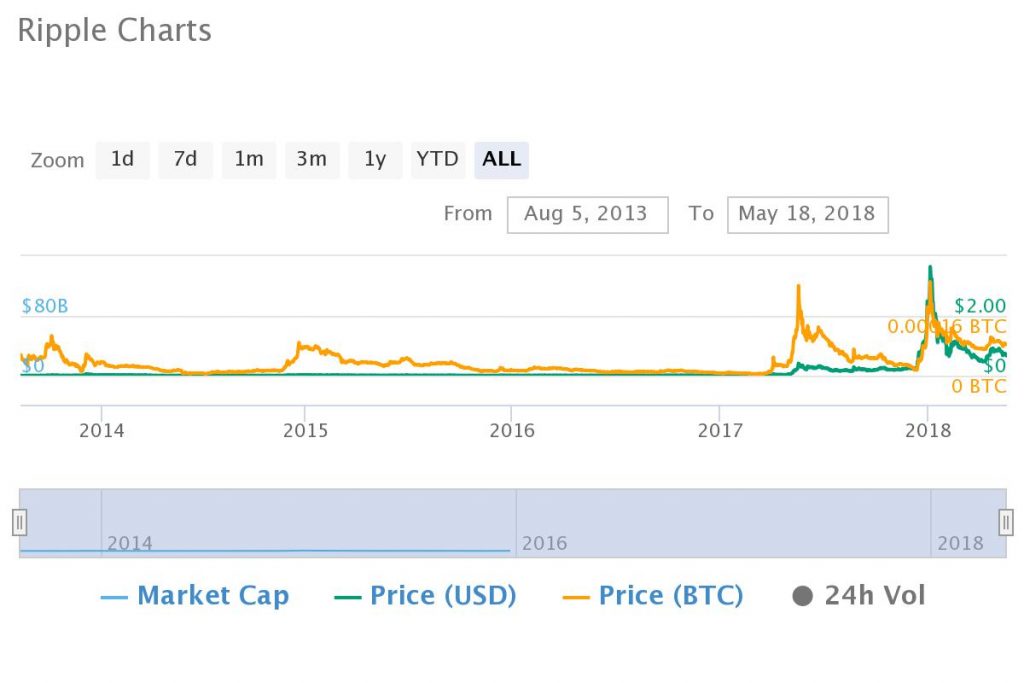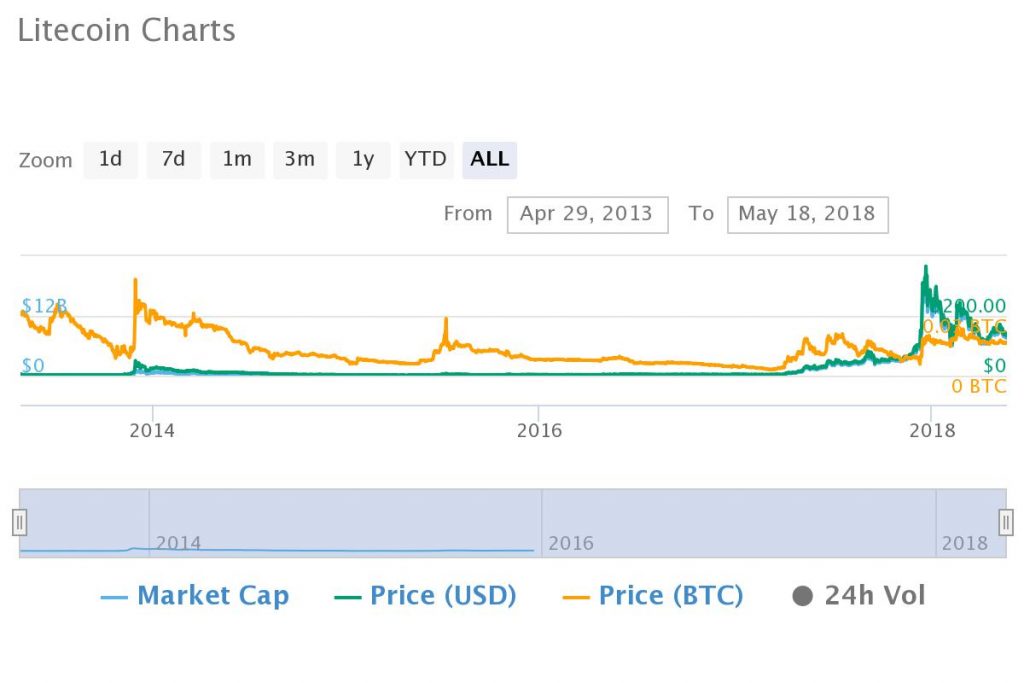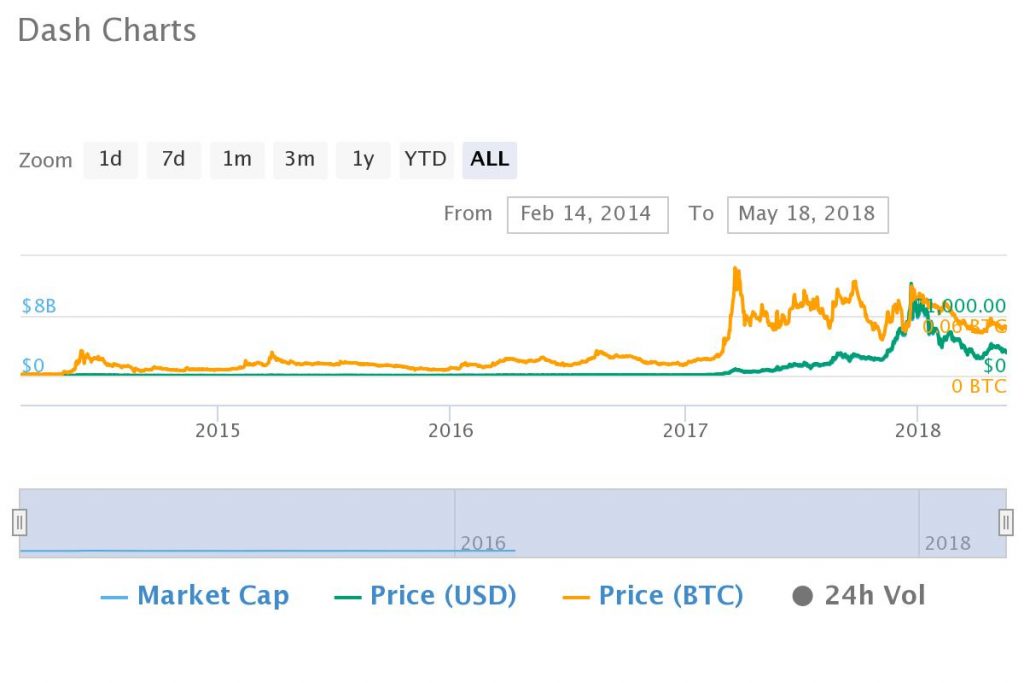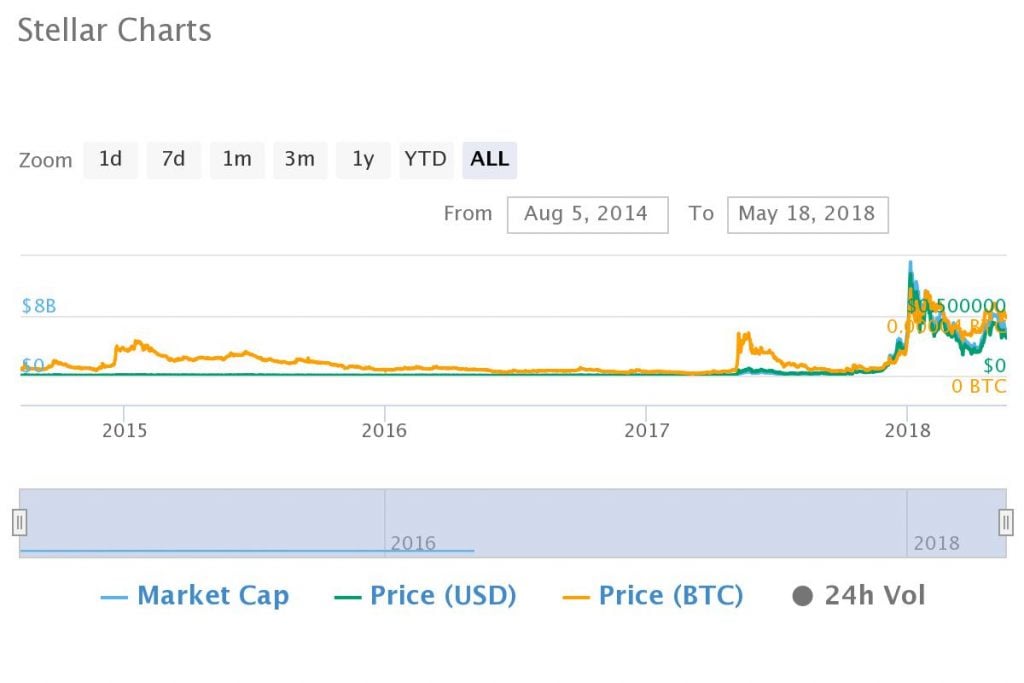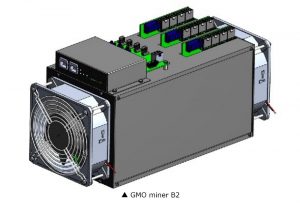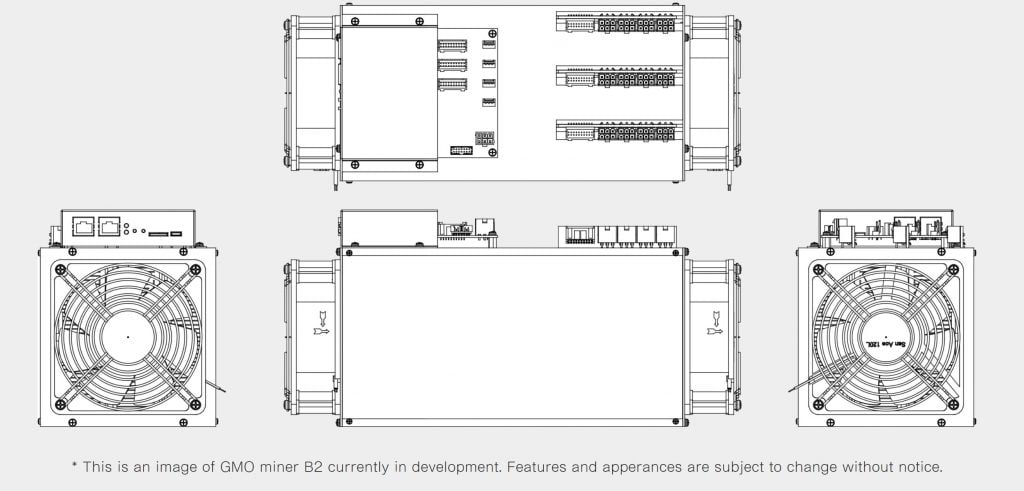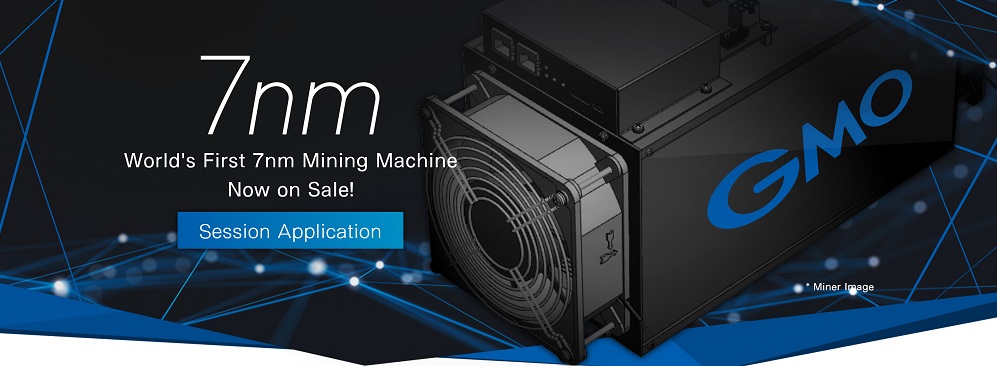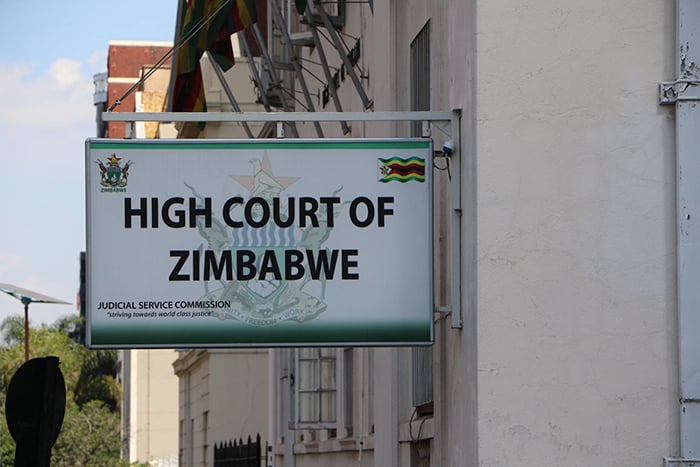
US Justice Department Investigates Price Manipulation in Bitcoin Market
Have you ever felt that someone is controlling the crypto markets, increasing prices to lure you in and crash it all as soon as you buy? Well, US authorities have apparently heard your whining because they are now reportedly suspicious manipulation is indeed occurring.
Spoofing and Wash Trading
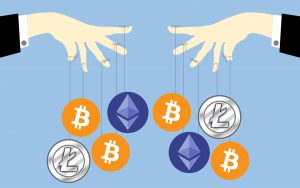 The US Department of Justice (DOJ) has reportedly launched a criminal investigation to determine if big money traders are manipulating the prices of Bitcoin, Ether and possibly other cryptocurrencies. The illicit trade tactics that the DOJ is looking into include spoofing and wash trading, and federal prosecutors are working in collaboration with the Commodity Futures Trading Commission (CFTC) on the investigation, this according to “four people familiar with the matter” cited by Bloomberg.
The US Department of Justice (DOJ) has reportedly launched a criminal investigation to determine if big money traders are manipulating the prices of Bitcoin, Ether and possibly other cryptocurrencies. The illicit trade tactics that the DOJ is looking into include spoofing and wash trading, and federal prosecutors are working in collaboration with the Commodity Futures Trading Commission (CFTC) on the investigation, this according to “four people familiar with the matter” cited by Bloomberg.
Spoofing refers to creating false buy orders to attract other traders (usually bots) to get in, with the intention of manipulating the market price in order to make a profit by actually selling. The Dodd-Frank Act defines spoofing as “the illegal practice of bidding or offering with intent to cancel before execution.” Similarly, wash trading is when someone simultaneously sells and buys the same financial instruments to create misleading activity, meant to make it appear as if an asset has more trade volume than it really does.
Why Now?
 US authorities are reportedly concerned that cryptocurrency markets are prone to manipulation for a number of reasons including doubts that all trading venues are on the lookout for fraudsters, massive price swings that make it possible to steer valuations and a lack of strong regulations on crypto exchanges.
US authorities are reportedly concerned that cryptocurrency markets are prone to manipulation for a number of reasons including doubts that all trading venues are on the lookout for fraudsters, massive price swings that make it possible to steer valuations and a lack of strong regulations on crypto exchanges.
While many will surely applaud the DOJ for its diligence in protecting crypto investors, skeptics might wonder if US authorities are not doing this also in an effort to further cool the market down by frightening investors. They are not generally known to be welcoming toward the field, and only recently it was revealed that American regulators also took part in a crackdown on what they call “fraudulent ICOs and crypto-asset investment products.”
Are cryptocurrency prices manipulated and is it the US DOJ’s job to investigate these global markets at all? Share your thoughts in the comments section below.
Images courtesy of Shutterstock.

 Employees of the National Police of Ukraine reportedly set up a cryptocurrency mining farm in their workplace and mined cryptocurrencies for four months before they were caught, local media reported this week. The employees work at the
Employees of the National Police of Ukraine reportedly set up a cryptocurrency mining farm in their workplace and mined cryptocurrencies for four months before they were caught, local media reported this week. The employees work at the  “A pre-trial investigation in the criminal proceedings under Part 1 of Article 185 of the Criminal Code of Ukraine on the fact of theft of electricity” has already begun, the publication detailed, noting that the court decided not to reveal the cryptocurrencies mined.
“A pre-trial investigation in the criminal proceedings under Part 1 of Article 185 of the Criminal Code of Ukraine on the fact of theft of electricity” has already begun, the publication detailed, noting that the court decided not to reveal the cryptocurrencies mined.
 As attackers have gotten more sophisticated, so have the measures cryptocurrency exchanges have taken to keep them at bay. These are designed to fulfill a range of objectives, including spam and bot deterrence, as well as to perform increased due diligence for legal reasons.
As attackers have gotten more sophisticated, so have the measures cryptocurrency exchanges have taken to keep them at bay. These are designed to fulfill a range of objectives, including spam and bot deterrence, as well as to perform increased due diligence for legal reasons.


 When comparing the current price of BTC market action from three years ago, the price of a single bitcoin has inflated by approximately 3,303% – rising from about $237 USD to approximately $8,000 today.
When comparing the current price of BTC market action from three years ago, the price of a single bitcoin has inflated by approximately 3,303% – rising from about $237 USD to approximately $8,000 today.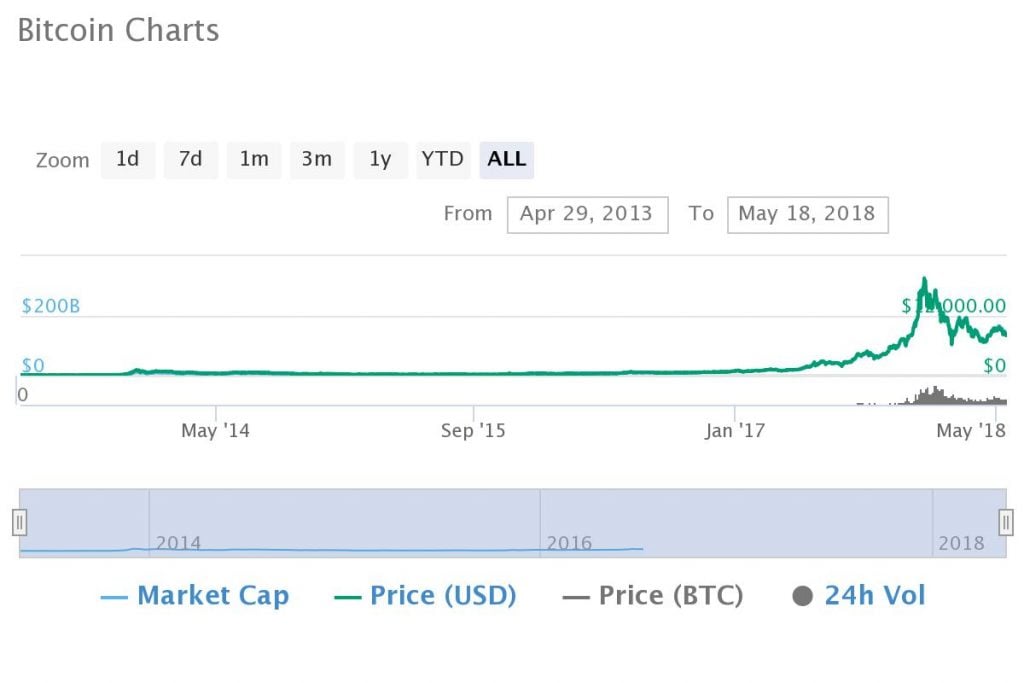
 Whilst the gains produce by BTC since 2015 have been stunning, the price of bitcoin had then produced a dramatic long-term capitulation after having skyrocketed in late 2013 during what arguably comprised the first BTC bull rally to generate widespread mainstream coverage of cryptocurrencies. During the 2013 bull rally, the altcoin ecosystem entirely consisted of micro-cap projects just beginning to emerge from the petri dishes of their infancy – meaning that the alternative cryptocurrency markets were primed to explode alongside bitcoin during the recent multi-year bull trend.
Whilst the gains produce by BTC since 2015 have been stunning, the price of bitcoin had then produced a dramatic long-term capitulation after having skyrocketed in late 2013 during what arguably comprised the first BTC bull rally to generate widespread mainstream coverage of cryptocurrencies. During the 2013 bull rally, the altcoin ecosystem entirely consisted of micro-cap projects just beginning to emerge from the petri dishes of their infancy – meaning that the alternative cryptocurrency markets were primed to explode alongside bitcoin during the recent multi-year bull trend.